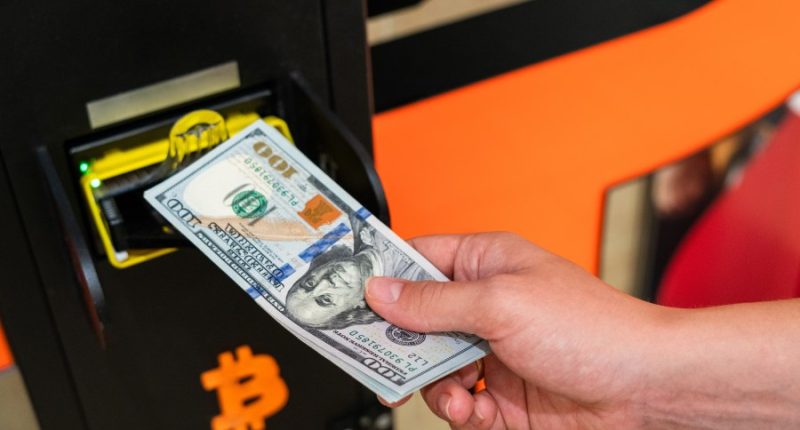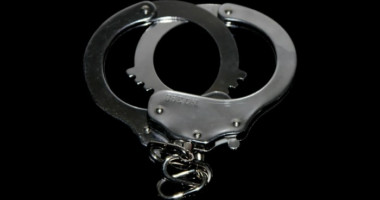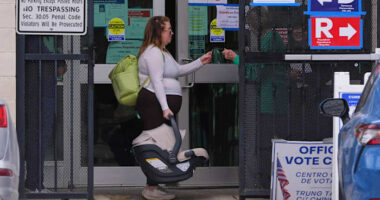Share this @internewscast.com

OKLAHOMA CITY (KFOR) – A new Oklahoma law is cracking down on scammers using Bitcoin ATMs to steal your money.
Senate Bill 1083 was authored by Sen. Darrell Weaver, R-Moore, and Rep. Mark Lepak, R-Claremore, and it introduced ways to protect Oklahomans from falling victim to these scams.
Cryptocurrency ATMs look like regular ATMs and allow people to conduct legitimate cryptocurrency transactions. However, they can also be used to carry out fraudulent activity.
These scams are on the rise across the nation.
In 2024, the FBI had more than 10,956 complaints about these kiosks, with $246.7 million stolen. Oklahomans alone lost $37.7 million to cryptocurrency-related scams, including scams related to cryptocurrency ATMs.
“They prey on the vulnerable, which I really don’t like, and that’s what they do,” said Sen. Weaver.
Victims are coerced to deposit cash, which unknowingly goes right to the scammer.
affiliate KFOR reported last year about an elderly lady who lost her entire life savings to a bitcoin ATM. A scammer pretended to be a federal agent and convinced her that her identity had been stolen and the only way to protect her money was to convert it into cryptocurrency.
“I never thought it would happen to us, and she’s humiliated, she’s embarrassed, she’s doubting her choices, and she’s a smart woman, she’s bright, and so it’s heartbreaking,” said Jamie Moore, whose mother was scammed.
This new law will help in scenarios like that one.
“Right now, in states across the country, these cryptocurrency ATMs are very unregulated,” said Joy McGill, advocacy director, AARP Oklahoma.
Under the new law, all kiosks will be licensed and tracked by the state.
“We’ll figure out where they’re at, what the process is if there is a fraud, how they can go about it, and getting the bankers involved in this, the banking authorities involved in this is very key,” said Sen. Weaver.
There will also be daily transaction limits, along with fraud warnings on the machines.
Victims will also be able to seek refunds if they are reported within 14 days to the police and the kiosk operator.
The law will go into effect on November 1.










